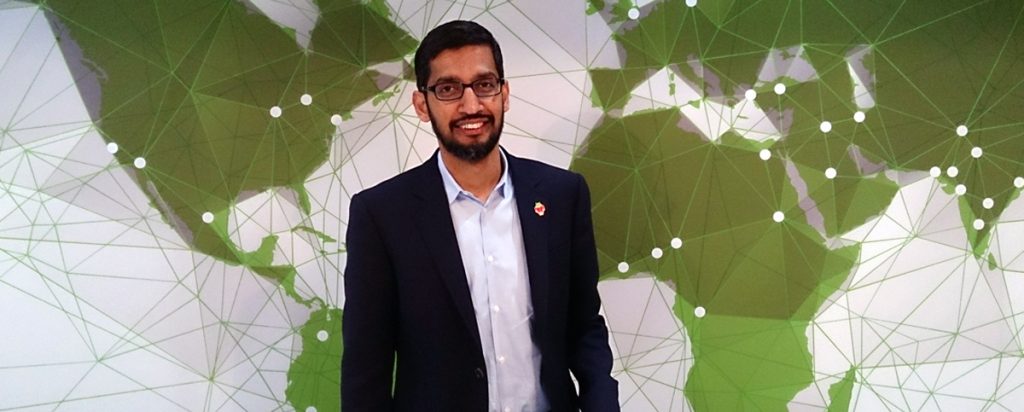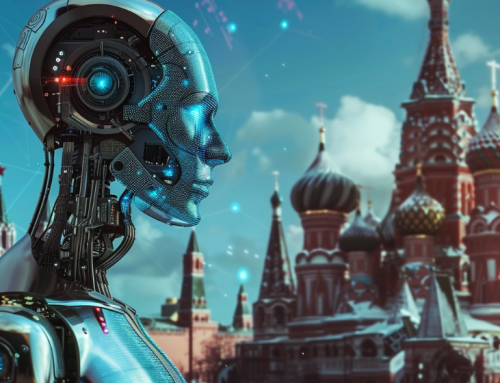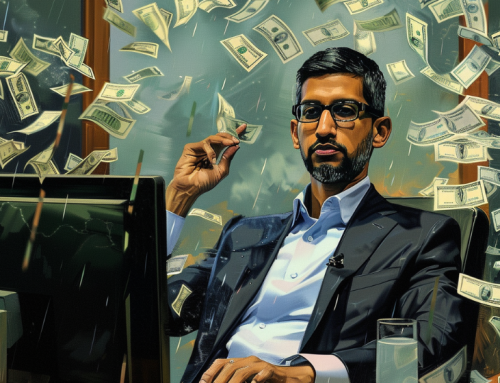
Sundar Pichai, CEO of Google, favors regulation of facial recognition. (Source: Wikimedia Commons)
Pichai Says Temporary Ban Could Prevent Mistakes, Abuses
As the European Union considers a temporary ban on facial recognition, Google CEO Sundar Pichai weighed in with his thoughts that regulation is necessary before the technology becomes ubiquitous, according to a PC Magazine article.
“So I think it’s important governments and regulations tackle it sooner, rather than later, and give a framework for it,” Google CEO Sundar Pichai said at a think tank-organized event in Brussels on Monday, which was reported by Reuters wire service. “It can be immediate. Maybe there’s a waiting period before we really think about how it’s used.”
According to a leaked draft of the EU proposal, the ban could last three to five years so regulators could study the impact of facial recognition.
Use by law enforcement has been particularly problematic because of issues facial recognition technology has shown in correctly identifying faces of minorities and women.
“There are real concerns about the potential negative consequences of AI, from deepfakes to nefarious uses of facial recognition,” Google’s CEO wrote in an op-ed in The Financial Times on Sunday. “While there is already some work being done to address these concerns, there will inevitably be more challenges ahead that no one company or industry can solve alone.”
Microsoft’s President Brad Smith, however, disagrees, according to a story on venturebeat.com, citing such benefits as using it to locate missing children.
“I’m really reluctant to say ‘Let’s stop people from using technology in a way that will reunite families when it can help them do it,’” Smith said. “The second thing I would say is you don’t ban it if you actually believe there is a reasonable alternative that will enable us to, say, address this problem with a scalpel instead of a meat cleaver,” he said.
Deepfakes, or manipulated audio files and video that seem real, are one of Pichai’s most serious concerns.
Pichai said Google had released open datasets to help the research community build better tools to detect such fakes. The world’s most popular internet search engine said last month that Google Cloud was not offering general-purpose facial recognition application programming interfaces (APIs) while it establishes policy and technical safeguards.
However, he said if regulations differed for different industries, many of the problems could be avoided. For instance, medical devices and self-driving cars should have different rules that all governments agree on.







Leave A Comment